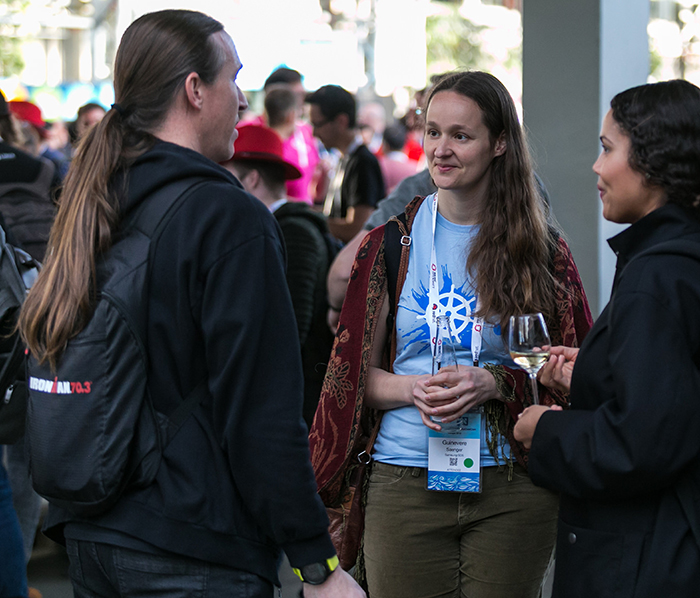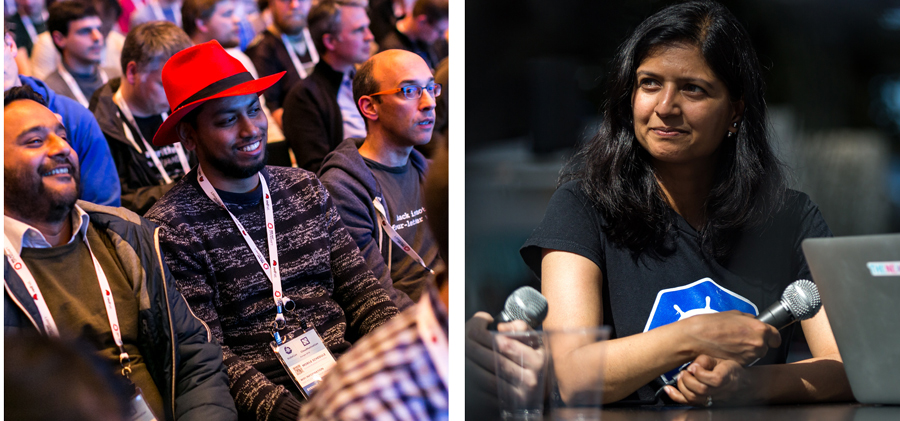
The Kubernetes community — users, contributors, and the culture we've built together — is one of the biggest reasons for the meteoric rise of this open source project. Our culture and values continue to grow and change as the project itself grows and changes. We all work together toward constant improvement of the project and the ways we work on it.
We are the people who file issues and pull requests, attend SIG meetings,
Kubernetes meetups, and KubeCon, advocate for its adoption and innovation,
run kubectl get pods, and contribute in a thousand other vital
ways. Read on to learn how you can get involved and become part of this amazing
community.




Community Values
The Kubernetes Community values are the keystone to the ongoing success of the project.
These principles guide every aspect of the Kubernetes project.
Code of Conduct
The Kubernetes community values respect and inclusiveness, and enforces a Code of Conduct in all interactions.
If you notice a violation of the Code of Conduct at an event or meeting, in Slack, or in another communication mechanism, reach out to the Kubernetes Code of Conduct Committee at conduct@kubernetes.io. All reports are kept confidential. You can read about the committee in the Kubernetes community repository on GitHub.
Read moreVideos
Kubernetes is on YouTube, a lot. Subscribe for a wide range of topics.
Discussions
We talk a lot. Find us and join the conversation on any of these platforms.
 Community forums ▶
Community forums ▶Topic-based technical discussions that bridge docs, troubleshooting, and so much more.
 Slack ▶
Slack ▶With 170+ channels, you'll find one that fits your needs.
Need an invitation?
Visit https://slack.k8s.io/ for an invitation.Upcoming Events
Global community
With over 150 meetups in the world and growing, go find your local kube people. If one isn't near, take charge and create your own.
Find a meetup

